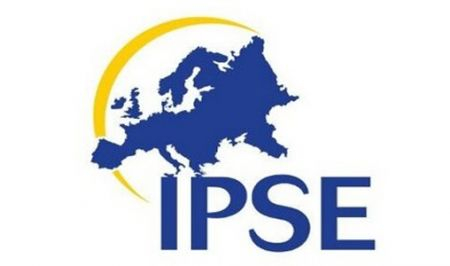Firmness of Moroccan Response Confirms that Crisis is Much More Serious Than Madrid Wants to Admit – French Expert –
The firmness of the Moroccan response confirms that the crisis with Spain is much more serious than the authorities of the Iberian country want to admit, said Emmanuel Dupuy, president of the Institute for European Perspective and Security (IPSE), a Paris-based think tank. The crisis between Spain and Morocco has “astonished by its radicality and its consequences with the recall of the Moroccan ambassador to Spain for consultations. It is the most extreme degree in the framework of diplomatic relations that had everything to be appeased since Spain and Morocco have this particularity not only geographical but to be economic partners of considerable importance for each other in view of the 12 billion euros that constitute the balance of trade between the two countries, without forgetting the importance of cooperation in migration or security,” said the French expert in geopolitics and geostrategy in a statement to MAP. In addition, Emmanuel Dupuy said, this crisis is also “linked to the political situation in Spain, with the deep defeat of the PSOE in the last regional elections characterized by the rise and return of the Popular Party as a political force”, “a return that has disrupted the very fragile government coalition under the leadership of Pedro Sanchez, and shows how the relationship between Spain and Morocco is also the subject of deep dissent between the Spanish political class”. The president of the Popular Party (PP), Pablo Casado has “singularly” demonstrated that he did not agree with the position of the executive of his country and that he would not have acted like the current tenant of the Moncloa, nor would he have taken the decision to welcome the polisario leader, stressed the expert for whom this position demonstrates the “existence of a gap between Spanish officials on the issue”. “The rise of the PP, characterized by the speech of Isabelle Diaz Alluzo in Madrid, who criticized the position of the government coalition between Podemos and the Spanish Socialist Party, also shows that there is a dissensus that has been created,” noted the expert. According to IPSE president, this crisis with Morocco will “certainly have repercussions on Spanish political life. This crisis is “serious enough that Pedro Sanchez decided to cancel his visit last Tuesday in Paris (for the Summit on the financing of African economies), and rush to Ceuta demonstrating how much his political future is also at stake in the settlement of this crisis”. In addition, Prime Minister Pedro Sanchez is weakened and even in difficulty by losing the “legitimacy” of his ally Podemos and specifically its leader Pablo Iglesias, who has announced his resignation. To this must be added the rise in power of the PP, which took 44% of the vote in the last regional elections in Madrid, as well as that of the far-right party Vox, and the very sharp tensions between the different positions defended by the Spanish political authorities. “All this constitutes elements that will probably lead to future elections or at least to a deep questioning of the current Spanish governmental stability,” said the expert.

